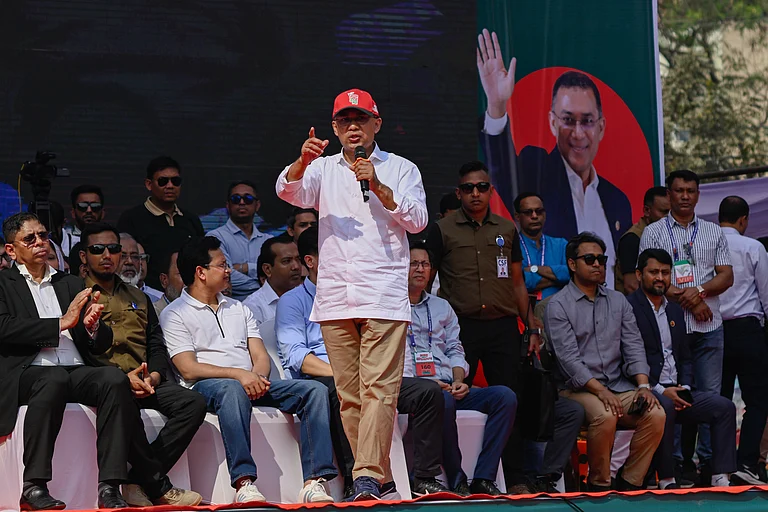India has a rich resource of data on its population, health status, demographic behaviour and economic conditions among many other aspects of life and environment. However, these data often suffer from some common challenges related to human and technological factors, affecting its quality and thereby government policy decisions based on them. The Indian Council for Medical Research (ICMR)’s National Institute for Medical Statistics (ICMR - NIMS) has recently entered into a partnership with Population Council to launch the National Data Quality Forum (NDQF) with the objective of strengthening the data ecosystem in the country. Dr. M. Vishnu Vardhana Rao, Director, ICMR- NIMS, in an interview to Outlook explains how NDQF will integrate learnings from scientific and evidence-based initiatives, and guide actions towards establishing protocols and good practices when dealing with data collection, storage, use and dissemination that can be applied to health and demographic data as well as replicated across industries and sectors.
How is the collaboration going to work? How is it expected to improve upon the government efforts so far to collect health data?
People are already aware and striving for 100 per cent accuracy. This is a kind of research where we want to comprehensively take all the efforts to plug places where mistakes can happen - sampling the tally, sampling the births, during sampling and analytics. If we can add even 3 to 5 per cent accuracy to our past efforts, then we would be successful. So we are bringing out guidelines on what to do before taking sampling, during sampling and after sampling. What to do after gathering data. How much to purify the data…
Experts have illustrated that there is lot of duplications during the gathering of data. How are you proposing to plug this?
We are not the enforcing authority. We are only planning to prepare the guidelines for data collection, analyses and interpret it using whatever scientific methods available and further refining it. In that endeavour if at all we are able to do even 5 per cent refinement in the data, we would be successful.
So what are the new protocol guidelines?
We are immediately embarking on preparing the new guidelines. Within a couple of months we hope to have at least one or two new guidelines. In a couple of years, we hope to have finalised a full set of new data guidelines. Going forward in the coming months we have this stepwise plan to examine issues and what kind of things can improve the data quality. All this will be loaded on our website. Those solutions will be pilot tested for scaling up by the respective data collecting organisations. This means we will be collaborating with the different data producing organisations to create institutional strategies and develop the operational guidelines which can help strengthen the data quality. Our endeavour is to have ICMR guidelines for data on the lines of our ethical guidelines.
Will this endeavor bring down the cost of data collection?
Not just the cost but more importantly the data will get more refined, which has great implications for our policy making. Currently as presented, we are losing around Rs. 10 crore in the collection of raw data. So if the policy is good, the implementation would be better and it will reach more people and benefit more.
Can you cite how lacunae in the data quality impacts policy making?
For instance, programme managers use HMIS (Health Management Information System) data to develop programme implementation plans for states. An inflated acceptance rate could overestimate the budgetary allocation in certain heads, depriving other line items that could use that budgetary allocation. Over reporting of acceptance also have other financial implication such as over payment of compensation and incentives for motivators.





















.jpg?w=200&auto=format%2Ccompress&fit=max)




